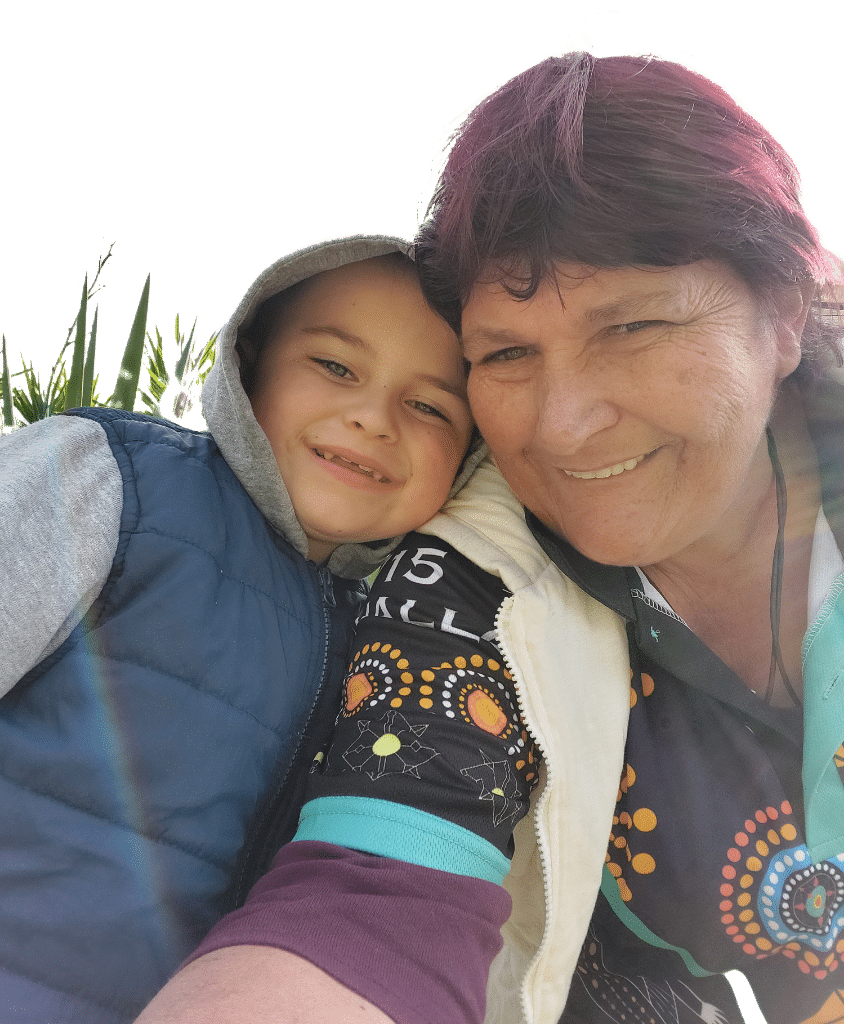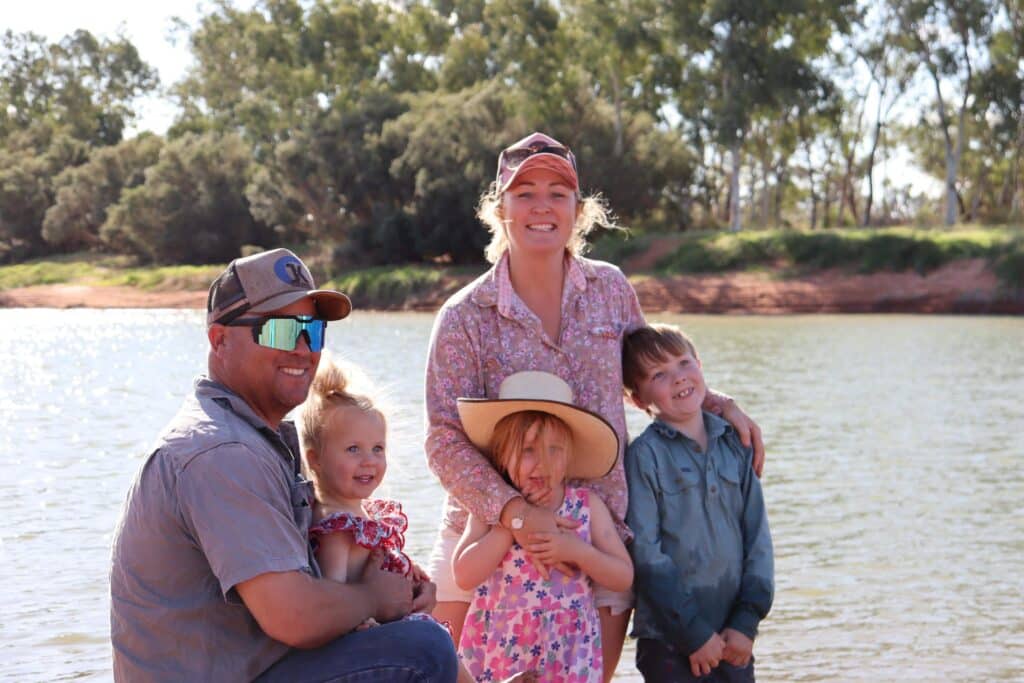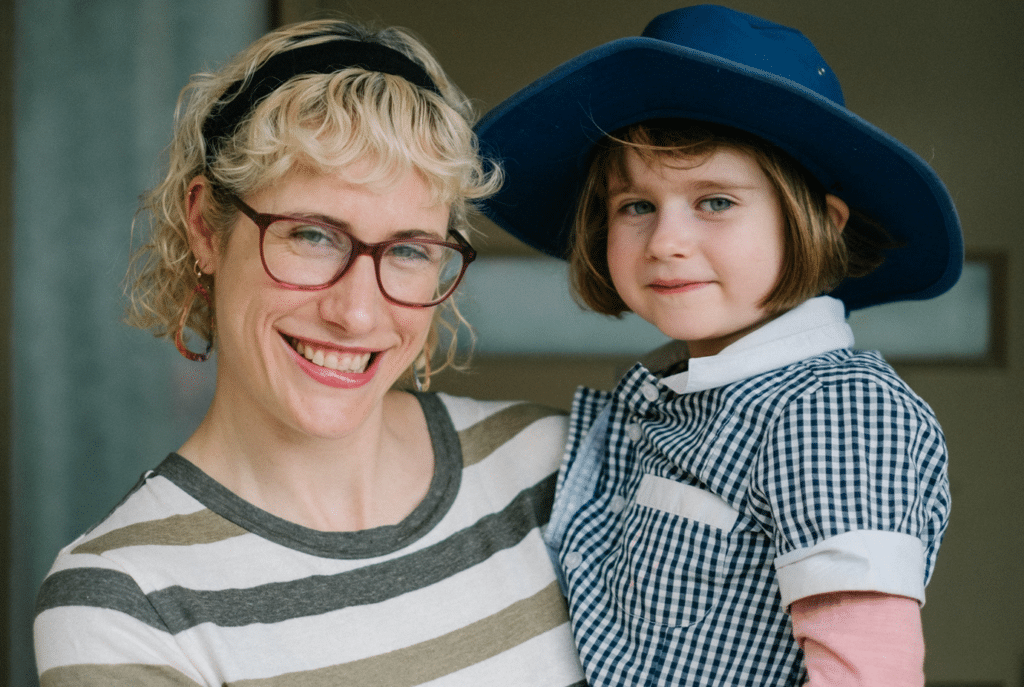In Tamworth, New South Wales, Pauline’s grandson, Georgie, age 7, is exceptional with numbers and addition at school but he can’t read or write. He’s autistic with complex needs and his separation anxiety makes each day’s drop-off a “tearjerker to watch”.
“You watch him scream and you have to drive off,” Pauline explained to me.

His teachers say that he would have had an easier transition to school if he had been able to access early childhood education and care. Pauline and her daughter, Georgie’s mother, spent years calling every centre in town but he was never given a place.
Georgie’s story isn’t unique.
As thousands of young kids across Australia get ready to start school this year, the reality is that one in five will arrive developmentally vulnerable. And in rural areas this number jumps to two in five, with families competing against at least three other children per available childcare spot.
And the evidence tells us that children who arrive at school behind rarely, if ever, catch up to their peers.
While this isn’t the case for every child, it is the case for too many.
The benefits of attending early childhood education are no secret, with research telling us that kids who’ve attended early learning demonstrating not only stronger aptitudes for literacy and numeracy, but for emotional and social skills as well. Often, this discrepancy goes unnoticed until it’s time for children to start primary school, when 90 per cent of a child’s brain has developed.
In 2023, at The Parenthood, where I work as Campaigns Director, we launched our biggest investigation yet into the experiences of families with young children living rurally and remotely in our report ‘Choiceless’. I’ve collected the stories of over 160 parents and educators living outside metropolitan Australia who desperately need better access to early childhood education for their children.
Katherine Durant, a primary school teacher from Rainbow, Victoria, described the difference in students between those who had attended early childhood education and those who hadn’t as “staggering”.
Some children “were unable to sit on the floor, could not follow instructions, use scissors or write or recognise their name,” she shared.
Be it long waitlists, high costs, or the unfortunate but likely reality of living in a childcare desert, compounding barriers to accessing early childhood education add huge amounts of stress and worry to parents’ day-to-day.
Usually the impact of these barriers are felt more by women, whose inability to access childcare leaves them unable to participate in the workforce as they’d like, thanks to the ‘motherhood penalty’.
But as research tells us, it’s children who are impacted the most.
Socialisation is one of the most important yet overlooked aspects of getting children ‘school-ready’, facilitating the development of soft-skills like negotiation, resilience, patience, turn-taking and making friends. Skills that are increasingly sought-after in today’s job market and are strengthened in the early years through early childhood education and care, playgroups and playdates.
My own daughter is about to start school, and while she can’t write much beyond her own name, I am fortunate enough to feel confident about how ready she is. Having watched her social skills blossom while attending our local early learning centre over the past few years, I know she’ll have no issue leaving me at the school gate to go and join her friends.
In speaking to families for ‘Choiceless’ I discovered that some kids in the bush go months without even seeing another child. It’s crucial that we consider the impact that this level of isolation can have.
Kimberley from the Northern Territory told me that by the time her son, Oliver, started school, he struggled to keep up with his peers, “It wasn’t until he was at school that we started seeing some speech and learning difficulties arise.”

For many families, early learning centres are too far away and they’re not sure when this will change. But even small improvements to access could make a world of difference.
Measures like being able to access occasional services, mobile early learning, or more flexible In-Home Care would better prepare children for the routine and structure of school.
As well as adding engagement and routine to children’s lives, early learning settings hold huge potential to identify kids who need extra support, as was succinctly outlined by the 2023 NDIS Review.
Early childhood education and care may not be for everyone, but access to connection and learning are. So many families living rurally feel trapped in this regard. They deserve more options, more flexibility and a shift away from the current market-led approach, which is clearly failing.
Despite clear paths for change outlined by the South Australian Royal Commission, the ACCC, the Productivity Commission, and the NDIS Review in 2023 alone, families and children in the bush continue to feel choiceless.
These kids, like all kids, deserve the best start in life, and their families more control over their trajectory.
So, as four to six-year-olds across the country don their school hats and oversized backpacks for the first time this February, just like my youngest, I wish that every parent could say they had the same freedoms in getting their kids ready for school.


